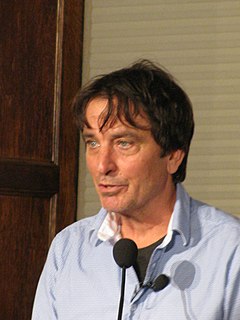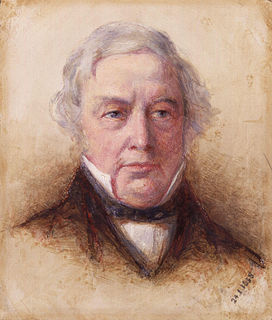A Quote by Marguerite Yourcenar
A touch of madness is, I think, almost always necessary for constructing a destiny.
Related Quotes
I began thinking about why am I constructing almost a shadow father or ghost father in my head into Graham Greene in response to the father who created me? What's going on here? I think a part of my sense is it's every boy's story. When we are kids, we imagine that to define ourselves or to find ourselves means charting your own individuality, making your own destiny and actually running away from your parents and your home and what you grew up with.
Writers, especially poets, are particularly prone to madness. There exists a striking association between creativity and manic depression. Why are more creative people prone to madness? They have more than average amounts of energies and abilities to see things in a fresh and original way—then because they also have depression, I think they’re more in touch with human suffering.
Both destiny's kisses and its dope-slaps illustrate an individual person's basic personal powerlessness over the really meaningful events in his life: i.e. almost nothing important that ever happens to you happens because you engineer it. Destiny has no beeper; destiny always leans trenchcoated out of an alley with some sort of Psst that you usually can't even hear because you're in such a rush to or from something important you've tried to engineer.
In this century the writer has carried on a conversation with madness. We might almost say of the twentieth-century writer that he aspires to madness. Some have made it, of course, and they hold special places in our regard. To a writer, madness is a final distillation of self, a final editing down. It's the drowning out of false voices.





































